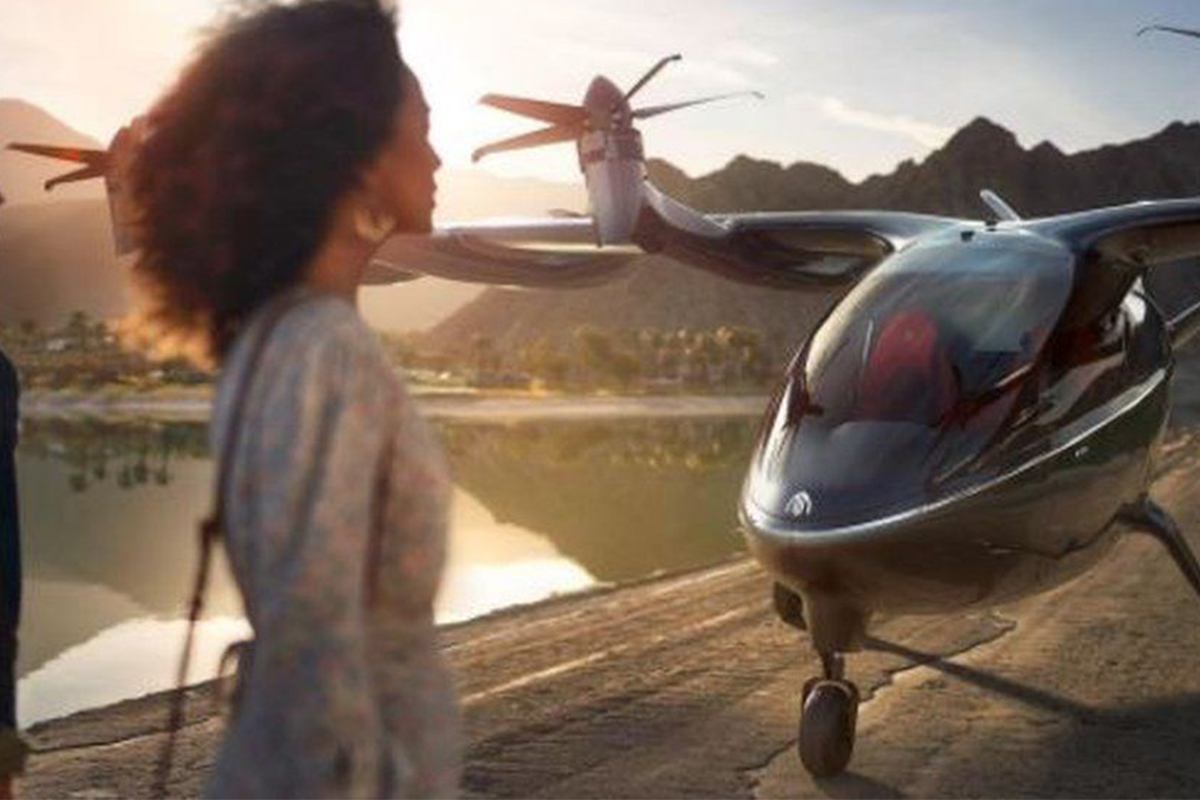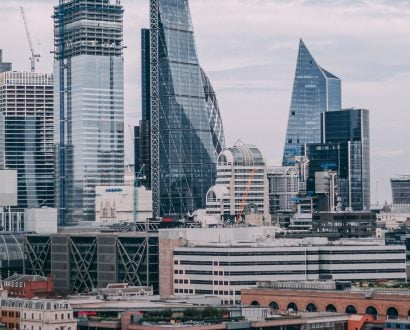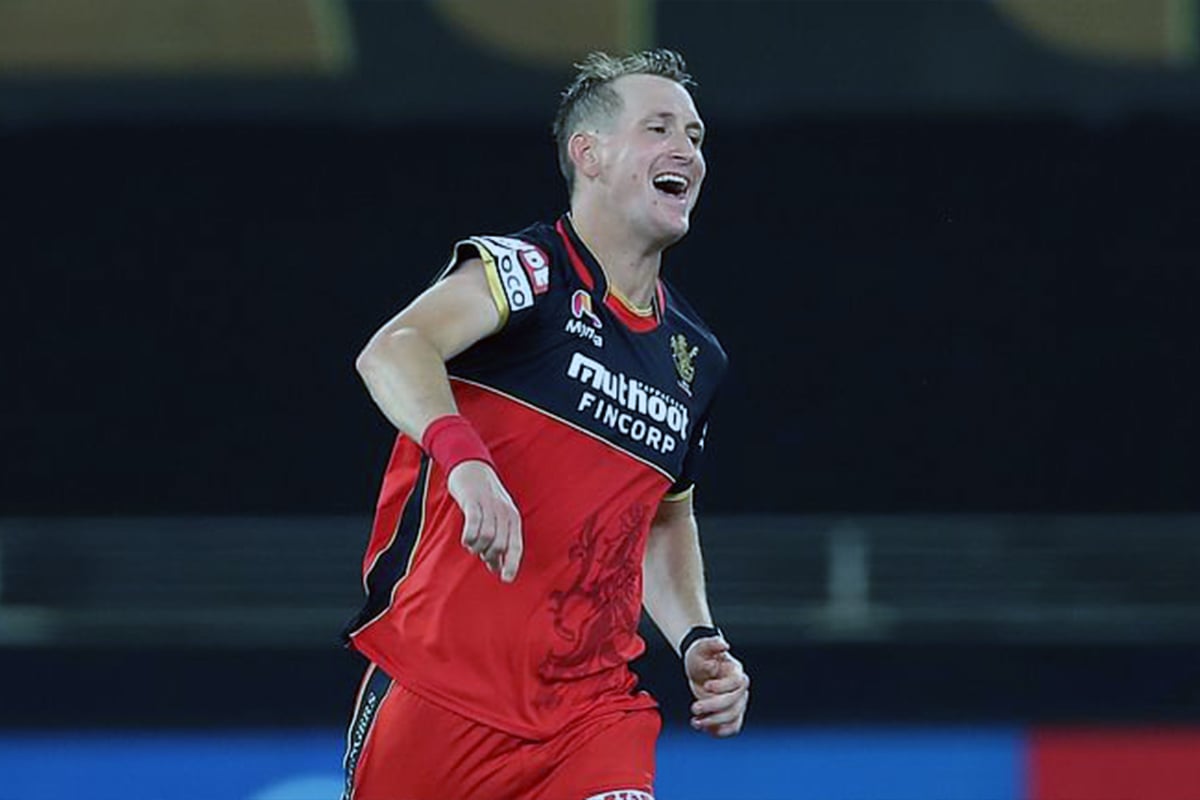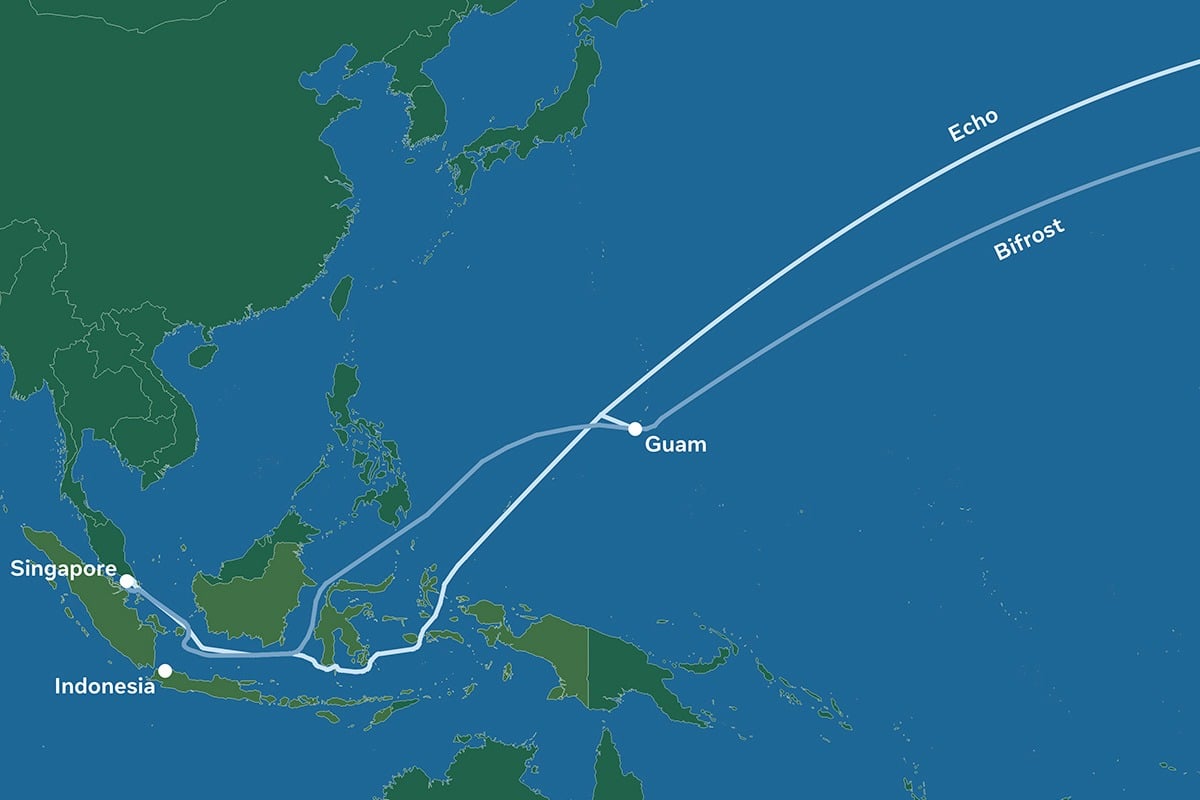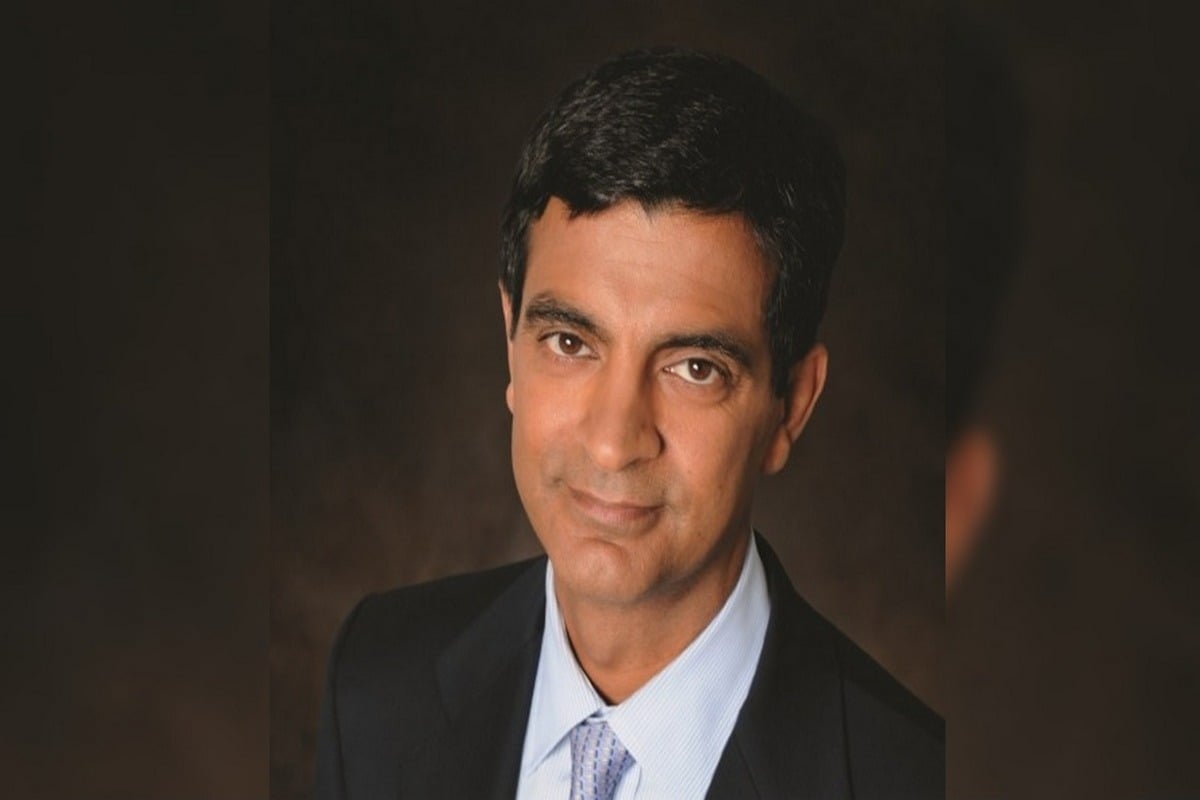United Airlines plans to invest US$1.1 billion in air mobility startup Archer to develop a flying electric taxi within five years.
As part of the proposed deal, United Airlines will buy 200 of Archer’s electric vertical takeoff and landing (eVTOL) aircraft, which have the potential to take passengers in urban areas to the airport.
The airline, which has its headquarters Chicago, US, needs regulatory approval of the aircraft before the agreement with Archer can take place.
“Under the terms of the agreement, United will contribute its expertise in airspace management to assist Archer with the development of battery-powered, short-haul aircraft. Once the aircraft are in operation and have met United’s operating and business requirements, United, together with Mesa Airlines, would acquire a fleet of up to 200 of these electric aircraft that would be operated by a partner and are expected to give customers a quick, economical and low-carbon way to get to United’s hub airports and commute in dense urban environments within the next five years,” United Airlines said in a statement.
“Working with Archer is another example of United’s commitment to identifying and investing in innovative technology that can reduce carbon emissions while also improving the customer experience and earning a strong financial return. The airline was an early stage investor in Fulcrum BioEnergy and recently partnered with 1PointFive, a joint venture between Oxy Low Carbon Ventures and Rusheen Capital, to jumpstart the establishment of direct air capture and sequestration technology.”
The deal, if approved, is seen as a stamp of approval for Archer, which said it will launch its shares on the US stock market following the deal. Other investors in the startup include carmaker Stellantis, the new company formed last month by the merger of Fiat Chrysler France’s PSA Group.
“Part of how United will combat global warming is by embracing emerging technologies that decarbonise air travel. By working with Archer, United is showing the aviation industry that now is the time to embrace cleaner, more efficient modes of transportation. With the right technology, we can curb the impact aircraft have on the planet, but we have to identify the next generation of companies who will make this a reality early and find ways to help them get off the ground,” said United Airlines CEO Scott Kirby. “Archer’s eVTOL design, manufacturing model and engineering expertise has the clear potential to change how people commute within major metropolitan cities all over the world.”
California-based Archer said the eVTOL taxis will be capable of flying a distance of 95 kilometres at 240 kilometres per hour and could nearly halve carbon dioxide emissions for passengers travelling to the airport.
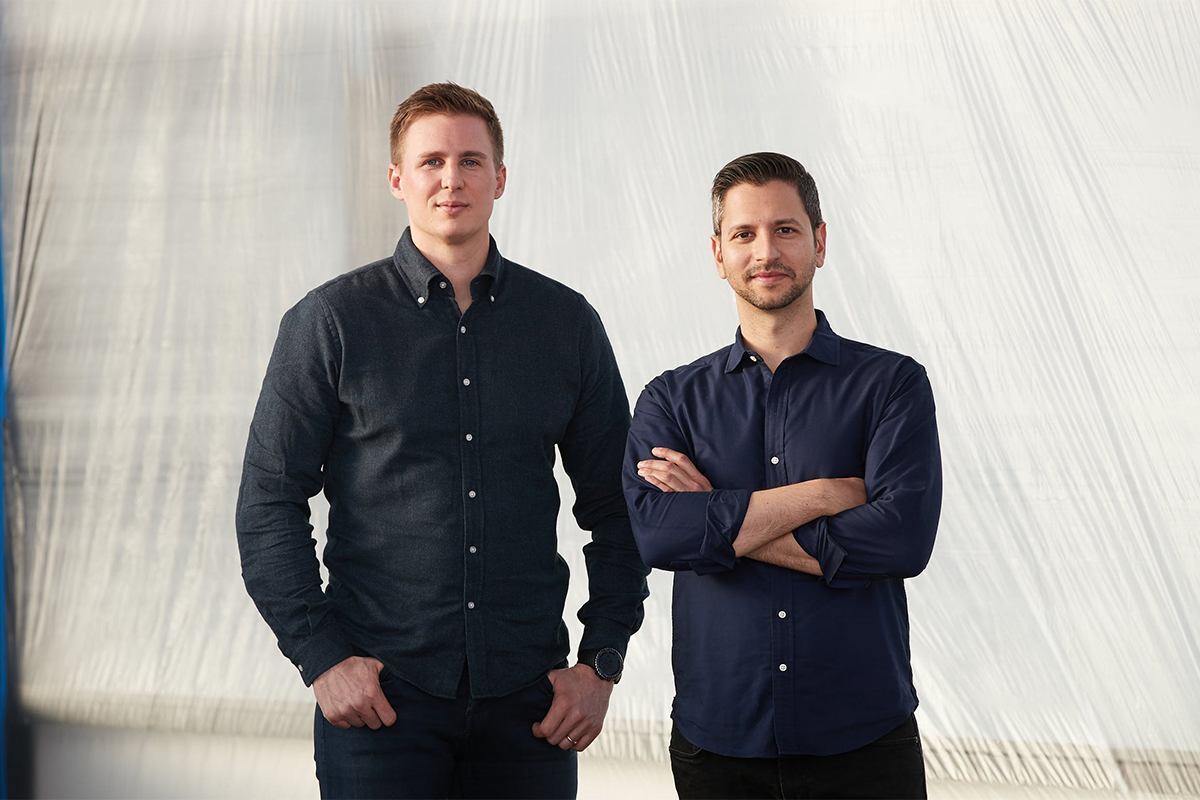
Led by Co-Founders and Co-CEOs Brett Adcock and Adam Goldstein, Archer plans to unveil its full-scale eVTOL aircraft in 2021, begin aircraft production in 2023, and launch consumer flights in 2024.
“We couldn’t be happier to be working with an established global player like United,” said Adcock. “This deal represents so much more than just a commercial agreement for our aircraft, but rather the start of a relationship that we believe will accelerate our timeline to market as a result of United’s strategic guidance around FAA certification, operations and maintenance.”
Goldstein added: “The team at United share our vision of a more sustainable future. We’re working closely with their test pilots and environmental teams to make sustainable urban air mobility a reality far sooner than people could ever imagine.”
United and Mesa have the option to buy another US$500 million worth of aircraft under the deal.
United Airlines lost more than US$7 billion last year and has relied on US government aid to avoid laying off thousands of workers during the COVID-19 pandemic.
Another flying taxi firm, Volocopter, is planning journeys into city centres using its VoloCity electric air taxi, BBC reported.
Uber sold its loss-making flying taxi unit Elevate to a Californian startup Joby Aviation in December last year. The deal saw Uber invest an additional US$75 million into Joby Aviation.

